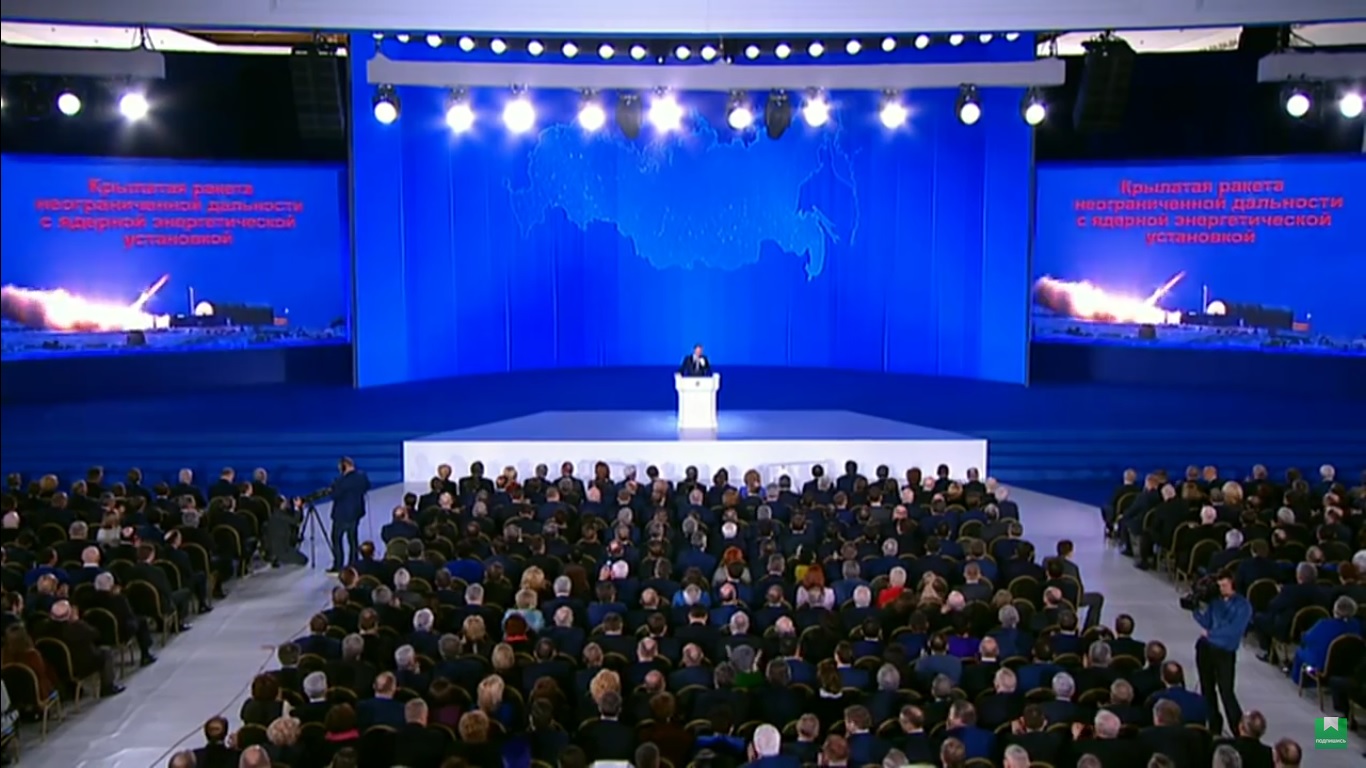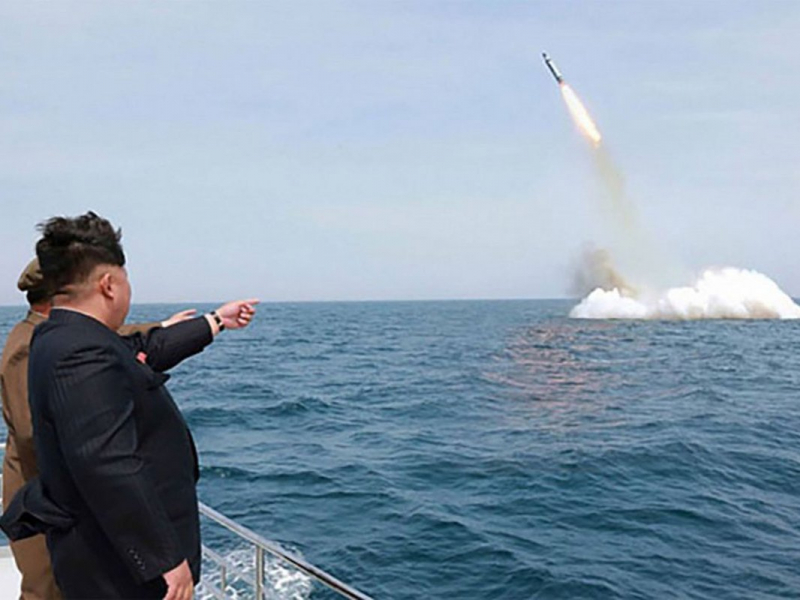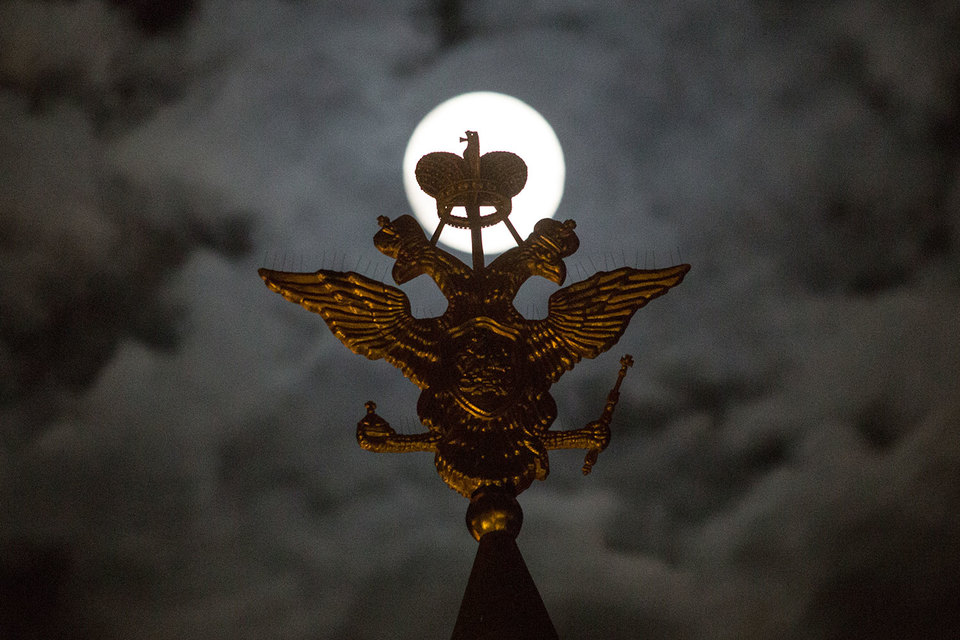Although intended to project force and dynamism, Gleb Pavlovsky says, Vladimir Putin’s address to the Russian Federal Assembly in which he talked at length about Russia’s new arms “in essence was a demonstration of weakness. Russia is not ready for negotiations, nor for development, nor even for war.”
Putin’s speech, the Moscow commentator says, was “his personal PR action” but he made “the classic mistake of amateurs” – each group received “a signal not addressed to it.” Pensioners were frightened, the military wasn’t reassured, and the West wasn’t impressed. The latter two know the real situation is not what Putin described.
“But the sarcasm with which the social networks caught the absurdity of the message is another side of the general weakness,” Pavlovsky says. “To be strong is simple: one need only to present an alternative to the regime of national weakening [and] an alternative means another political agenda.” However, “where is it?”
Some say that everyone should look at the domestic part of Putin’s remarks. They are different in some respects, the commentator continues; but in one respect, they are identical: they are based on the proposition that everything can be solved by throwing money at it with no change in the way business is conducted.
That may serve those in his audience who are part of the way business is carried out under Putin; but it won’t work on the larger issues that the Russian president talked about without any clear understanding or ideas about how these things could in fact be dealt with successfully.
“You cannot carry out modernization with such administrators who do not distinguish between Russia’s real potential and comic films. Stalin, it is said, also judged about the state of the collective farms by the film ‘Cossacks of the Kuban’ but only after having become quite old,” Pavlovsky argues.
The current regime has “unlimited” opportunity to do harm, but “the demonstration of military might” on the video screen behind Putin “will not frighten military circles in the West.” They know what Russia can and can’t do and can distinguish not only between those two things but between reality and what Putin talked about.
“This is dangerous,” Pavlovsky says. The world is changing and “new appetites and new technological platforms are taking shape.” But for Russia to be part of this, it needs a reason to do so. Freedom isn’t enough: it needs “space for creativity” rather than the kind of micromanagement that is no management characteristic of Putin’s siloviki.
But what the speech showed was something even worse than the weakness of Putin personally and his regime:
“Today,” the Russian commentator says, “Russia shows that it is simply not ready for talks, for development or even for war. And with this situation, it is entering the next six years” of Putin’s term. “Before us is the prospect of an artificially weakened country, run by a weak president.”
Read More:
- Putin may not get a new Yalta but face a new Star Wars program, Pastukhov says
- US, EU actions on Russia a remake of what brought the much stronger USSR to its end, Yakovenko says
- Is Russia getting ready to launch a nuclear strike from Crimea?
- Kremlin nuclear hysteria: To wage or not to wage nuclear war
- ‘Star Wars Redux’ – Putin’s fears of losing his nuclear ‘club’ work to Ukraine’s advantage, Portnikov says
- Russia’s nuclear threats and spy games
- Putin’s nuclear brinkmanship betrays his military’s backwardness, Felgenhauer says
- Putin, world’s first nuclear terrorist, must be isolated internationally, Yakovenko says








